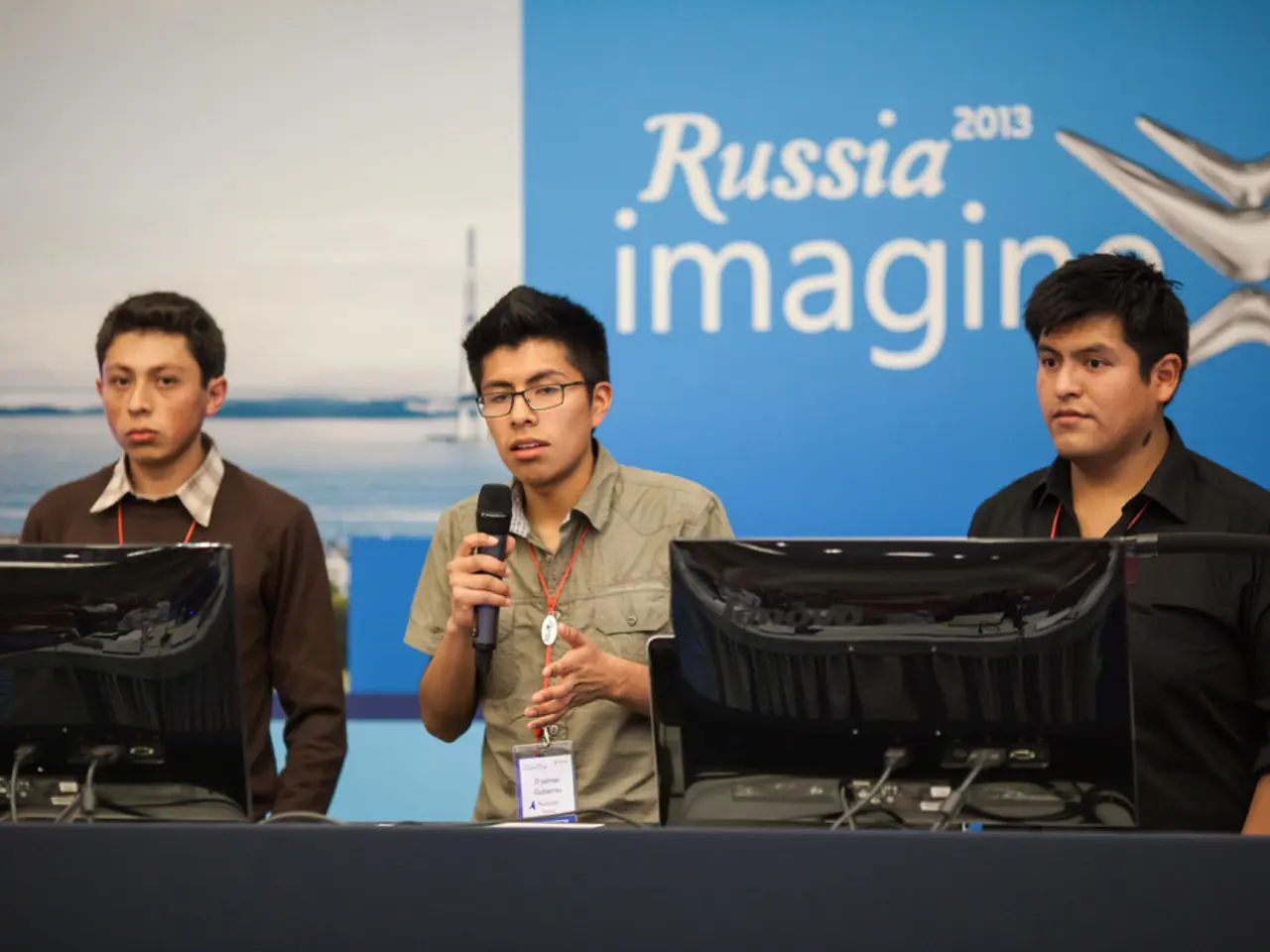Strict visa regulations for Russians imminently recommended by the EU
The European Union (EU) has announced plans to tighten visa issuance for Russian nationals, effective from the end of the year. This move comes in response to sustained pressure from EU countries bordering Russia and follows a series of diplomatic warnings from Russia.
The new measures, which will be made public in December, are expected to make visa applications more difficult and expensive. The approach among the 27 EU member states remains inconsistent, with some countries like Hungary, France, Spain, and Italy maintaining a more 'liberal' approach towards visa applications from Russian citizens.
However, countries such as Poland, the Czech Republic, Finland, Latvia, Estonia, and Lithuania have either blocked or severely restricted visa applications from Russian citizens. Lithuania, Latvia, Estonia, and Poland have announced plans to publish new, more stringent rules for issuing Schengen visas to Russian citizens in December 2025.
The breaking news of the surge in Russian tourism this summer preceded the EU's decision to tighten visa issuance. In 2024, more than 500,000 Schengen visas were issued to Russian nationals, which is below the 2019 peak of four million but still eight times more than in 2023.
The new restrictions are not part of the broader 19 sanctions package that the EU is preparing against Moscow. Instead, they are aimed at targeting 'oligarchs, security officials, propagandists, and other accomplices of the regime' as urged by Yulia Navalnaya, the widow of the late opposition leader Alexei Navalny.
Maria Zakharova, spokesperson for the Russian Foreign Ministry, has warned that any measure targeting Russian diplomats would be met with a 'reciprocal reaction'. Russian media outlets have reported officials vowing 'mirrored responses', though the Kremlin has not yet officially commented.
Jan Lipavský, Czech Foreign Minister, has proposed a ban on Russian diplomats traveling outside the country where they are posted. Yulia Navalnaya has urged Brussels to 'make a clear distinction between the responsibility of the regime and ordinary Russians'.
Ukraine's First Deputy Foreign Minister, Serhiy Kyslytsya, emphasised that 'travelling to Europe is a privilege, not a right, for individuals who do not undermine European security and values or contribute to the war, its industry, or its propaganda'.
The new rules for Russian nationals seeking to enter the EU will be a significant change, described as 'long overdue' by one of the diplomats. The EU revised its visa issuance policy in 2022, and the expected change at the end of the year is expected to further strengthen these revisions.
Read also:
- United States tariffs pose a threat to India, necessitating the recruitment of adept negotiators or strategists, similar to those who had influenced Trump's decisions.
- Weekly happenings in the German Federal Parliament (Bundestag)
- Southwest region's most popular posts, accompanied by an inquiry:
- Discussion between Putin and Trump in Alaska could potentially overshadow Ukraine's concerns








